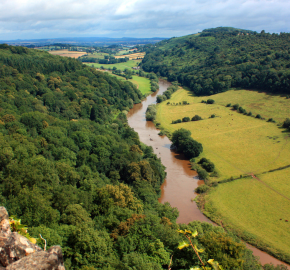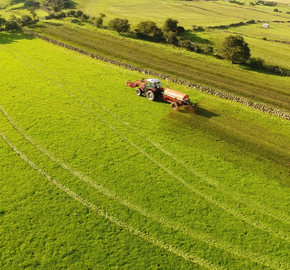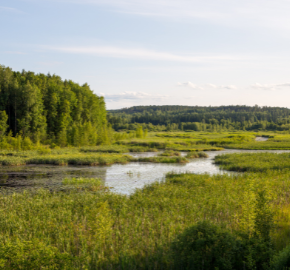Spring and the increase in agricultural water pollution
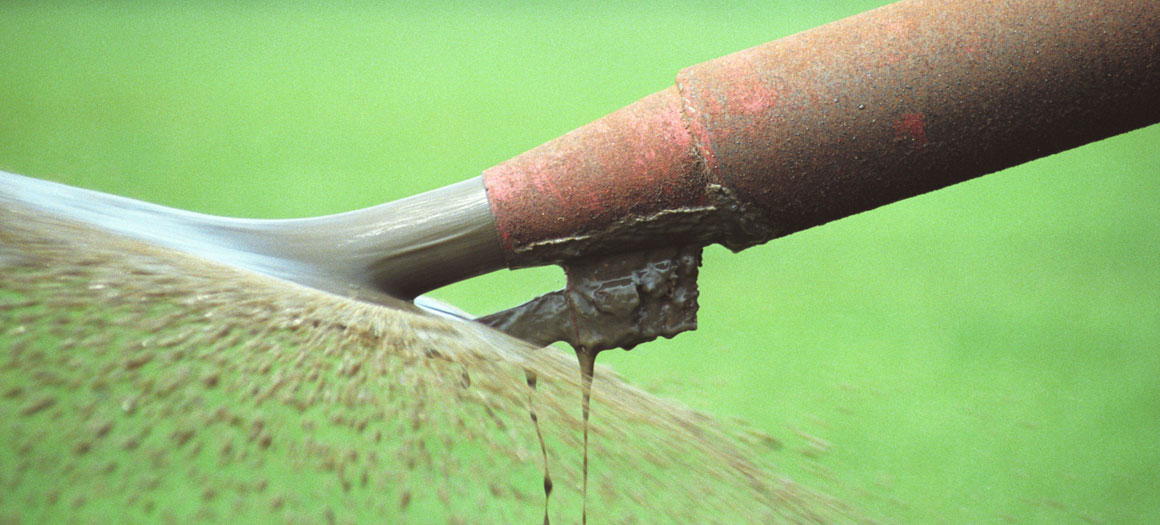
For much of the natural environment spring is a season of productivity and new life. For rivers it highlights agricultural water pollution and the overwhelming amount of waste that intensive, modern farming produces from animal bi-products to arable run-off.
Despite Farming Rules for Water, which came into effect in England in 2018, and new rules just being introduced for Wales the challenge, of farm inspections and enforcement of legislation, remains. Farmers are given little incentive to follow the rules with regulator budgets limiting the likelihood of a farm inspection to once every 260 years. Yet, according to evidence collected by the Environment Agency, the body responsible for inspecting and enforcing Farming Rules for Water, 40% of English rivers are failing to meet good ecological status because of agricultural water pollution.
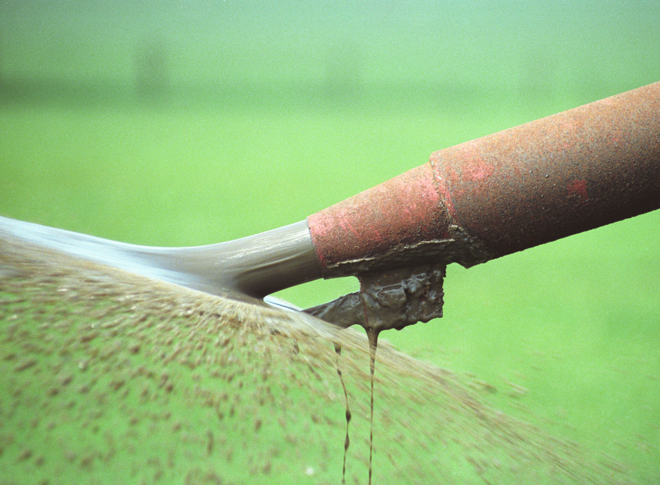
NUTRIENT ENRICHMENT
One of the major problems from agricultural water pollution is nutrients in the form of slurry and fertilisers. Excess nutrients, specifically phosphorous and nitrogen, end up in our rivers, starving them of oxygen and killing the wild fish populations they support. Lesley Griffiths, the current Welsh Minister for Rural Affairs, stated:
“The impacts of intensive agriculture on rivers and fish are largely as a consequence of the impacts of nutrients on the natural balance of aquatic plants and algae. A rise in the availability of nutrients, especially phosphorous, leads to a rapid increase in algal growth which depletes the surrounding water of its oxygen content. Pollutants make varying demands on the available oxygen according to type”.
You can find more information about the impacts of agricultural water pollution, specifically excess nutrients on waterbodies, in our report on the impacts of elevated phosphorous on flora and fauna in river systems.
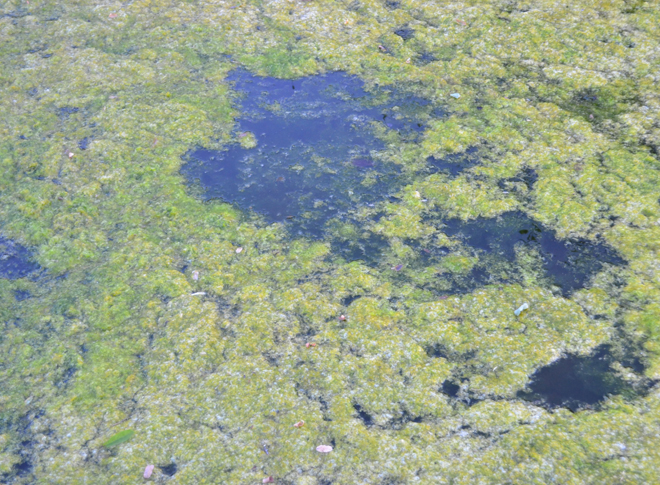
WHERE DOES NUTRIENT POLLUTION COME FROM?
ANIMAL WASTE POLLUTION
Filters into watercourses as ground pollution in the form off:
- Slurry, a liquid combination of faeces and urine, from housed cattle – mostly dairy but some beef. Problems arise from excessive spreading.
- Poultry litter from bird houses. Theoretically more easily managed than slurry as it is relatively dry and can be contained and moved with much greater ease. Run off from free range units, however, poses a great threat to watercourses.
- Pig slurry from housed herds and run off and permeation to groundwater from outdoor units.
PESTICIDES AND FERTILISERS
These manifest in two ways:
- Excessive application or applying in unfavourable weather conditions (i.e., rain), accidental spills or infrastructure failures.
- Excessive dispersal (spreading) over time resulting in a build-up of nutrients in the land which then leaches into watercourses.
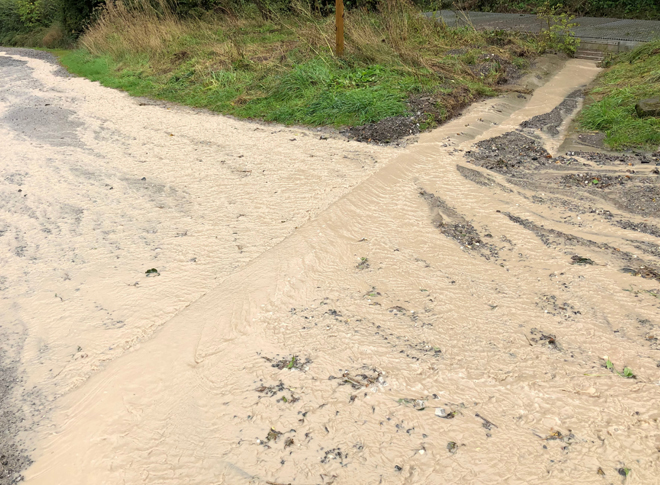
Farming and the environment balance a delicate set of scales that desperately need more equilibrium. If stronger Government enforcement is not achieved agricultural water pollution will continue to kill wild fish and destroy the freshwater environment. The damage is reversible but the time to act is now.

